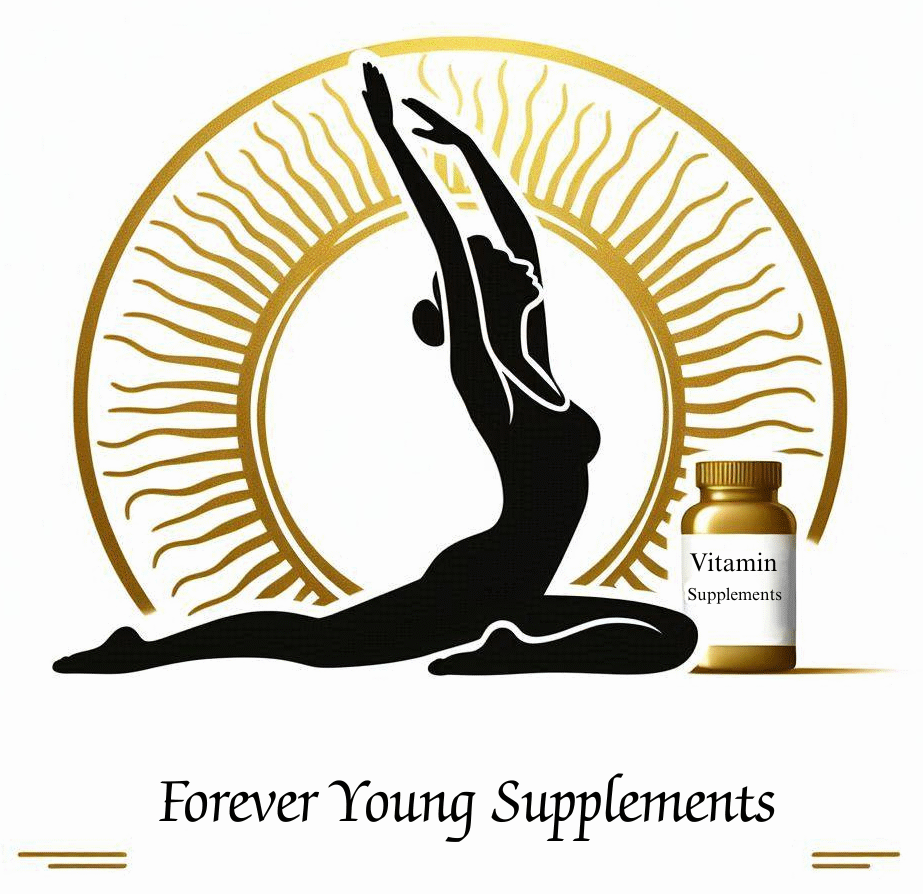As the years pass, skin undergoes significant changes, making it crucial to adapt care routines accordingly. Aging skin often becomes thinner, loses fat, and becomes less smooth. These shifts are a natural part of the aging process and understanding them can help in tailoring skincare appropriately.
Genetics and lifestyle play pivotal roles in how skin ages. Some inherit genes that keep their skin looking youthful longer, whereas others might find their skin shows age-related changes earlier. Lifestyle factors such as diet, exposure to sunlight, smoking, and stress levels are equally influential.
Apart from general aging, there are specific skin concerns to watch out for. Conditions like dryness, age spots, and even certain forms of dermatitis become more common. As the skin ages, it also heals more slowly, which is why taking preventive measures is so important.
Understanding these changes allows for a more informed approach to skincare. This knowledge empowers individuals to choose products and routines that will not only maintain but also potentially improve the overall health and appearance of their skin as they age.
At Forever Young Supplements, we believe beauty is timeless. Supporting your skin with proper nutrition, hydration, and targeted supplements can make a visible difference. By nourishing your body with essential nutrients — collagen, vitamins, minerals, and antioxidants — you can help your skin stay supple, resilient, and radiant at any age.

Your skin deserves care that evolves with you. Let’s explore how to keep it strong, hydrated, and glowing through every season of life.
Understanding How Skin Changes with Age
As the years pass, skin undergoes significant changes, making it crucial to adapt care routines accordingly. Aging skin often becomes thinner, loses fat, and feels less smooth. These shifts are natural and understanding them helps tailor skincare more effectively.
Genetics and lifestyle both play pivotal roles in how skin ages. Some inherit genes that help maintain youthful skin longer, while others may see age-related changes earlier. Lifestyle factors — diet, sunlight exposure, smoking, stress, and sleep — are equally influential.
In addition to general aging, specific concerns often appear: dryness, age spots, and various forms of dermatitis become more common. As the skin ages, it also heals more slowly, which is why preventive measures are so important.
Understanding these biological changes empowers you to make informed choices — selecting products and supplements that can preserve, and even enhance, your skin’s health and appearance as you age.
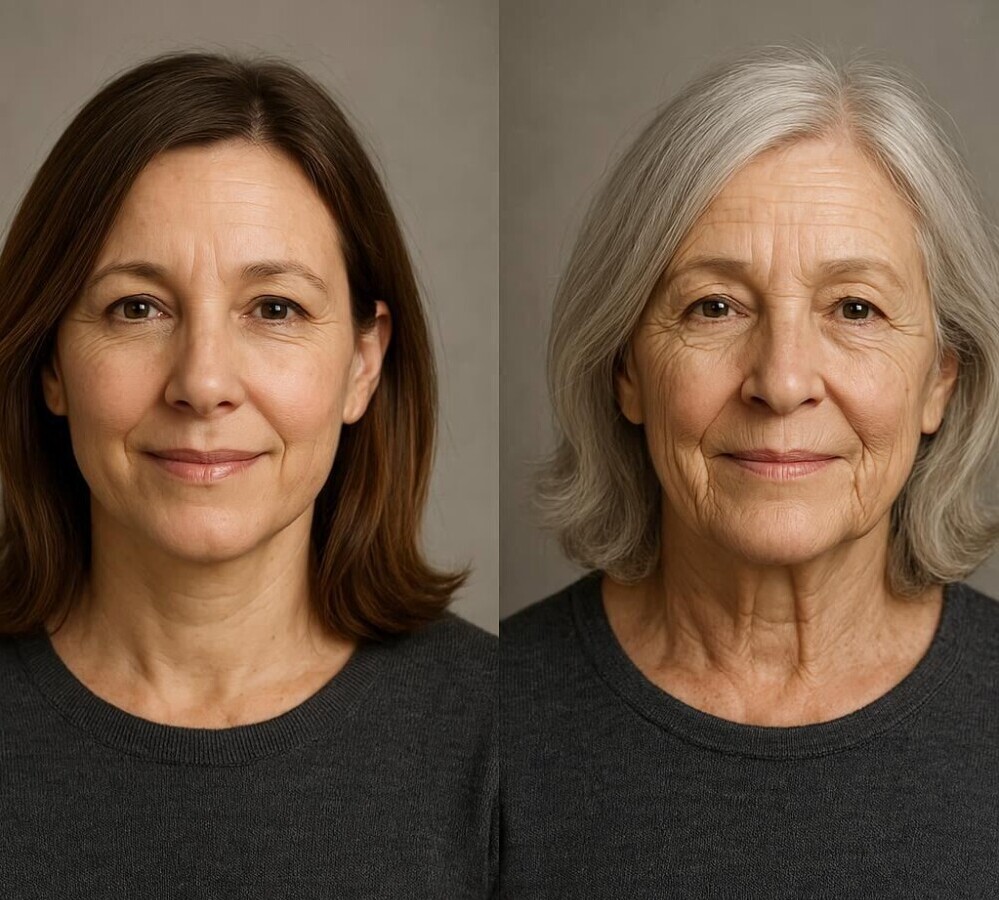
You can’t stop time, but you can help your skin age beautifully with the right habits and nutritional support.
The Essentials: What Is Best for Older Adult Skin?
When it comes to keeping mature skin looking and feeling its best, hydration is the cornerstone. As we age, the skin’s ability to retain moisture declines, often leading to dryness and flakiness. Look for creams or serums containing hyaluronic acid or glycerin, which attract and lock in moisture.
A gentle cleanser is also essential to avoid stripping natural oils. Harsh soaps or heavily fragranced products can irritate aging skin, so opt for mild, pH-balanced options.
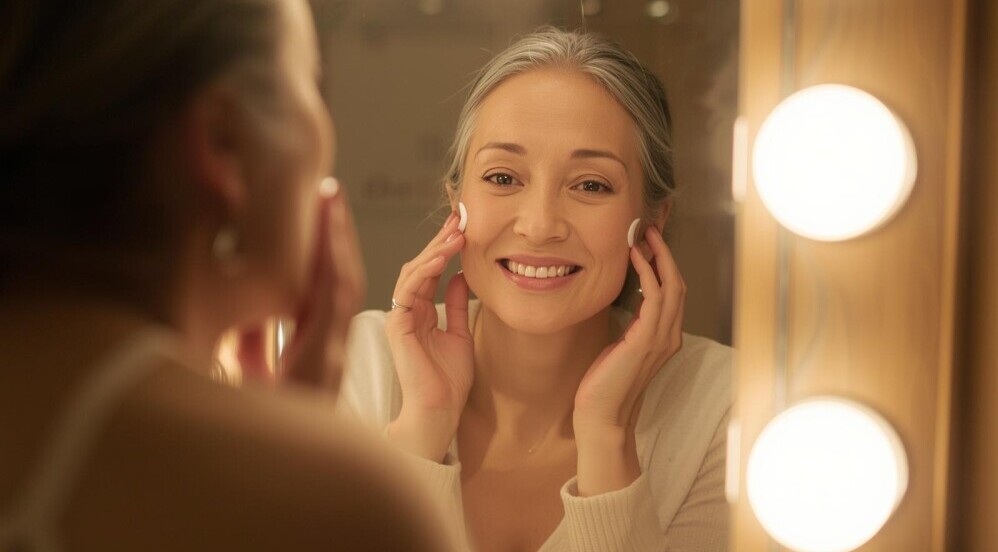
Sunscreen is non-negotiable — even on cloudy days. Daily protection against UV damage prevents age spots, sagging, and fine lines.
Antioxidants play a crucial role in skin health. Vitamins C and E help neutralize free radicals, which contribute to aging and dullness. These nutrients can be found in both topical serums and dietary supplements, making them easy to incorporate into any routine.
Listening to your skin’s changing needs is key. Consulting a dermatologist or skincare professional can provide personalized advice to adapt your regimen as you age, helping maintain healthy, vibrant skin well into your senior years.
Natural Approaches to Skin Care: Dermatologist Insights for 50+ Skin
For those seeking a natural path to skincare in their 50s and beyond, focusing on time-tested ingredients can be remarkably effective.
- Aloe vera soothes irritation and hydrates.
- Green tea extract is rich in antioxidants that reduce inflammation.
- Oatmeal calms sensitive, dry skin.
These botanicals are gentle yet powerful allies for aging skin.
While DIY treatments like masks or scrubs can be enjoyable and beneficial, balance them with professional guidance. Dermatologists can ensure your natural remedies complement evidence-based care, avoiding irritation or imbalance.
Striking harmony between natural care and dermatological science often yields the best results — you nurture your skin’s surface while supporting its deeper health.
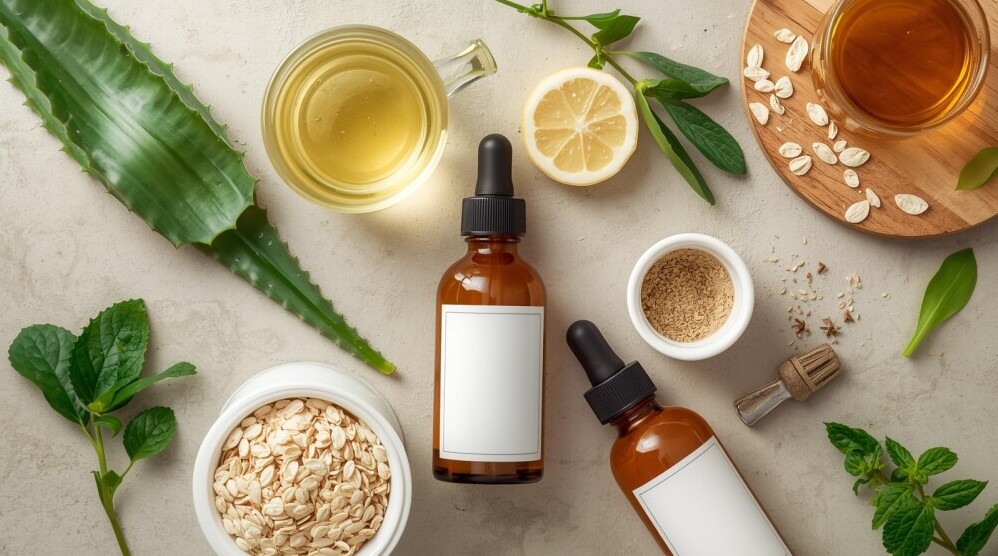
Top-Rated Anti-Aging Solutions: The Best Creams for 60+
Choosing the right anti-aging cream can feel overwhelming given all the options out there, but focusing on key ingredients helps narrow the field. Retinoids, peptides, and hyaluronic acid are some of the heavy-hitters in the fight against wrinkles and sagging skin.
It’s essential to pick products backed by both user reviews and dermatologist recommendations. Creams that have a strong reputation for delivering results often include those from established skincare brands that invest in clinical testing and research.
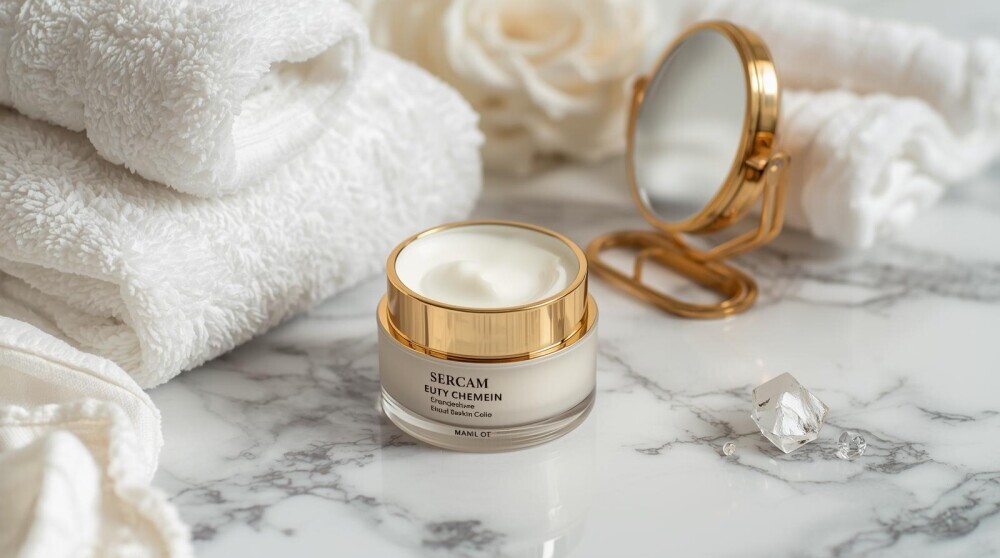
When exploring anti-wrinkle creams, considering one’s specific skin type—be it oily, dry, or combination—ensures that the product works effectively without causing undue irritation. A dermatologist can often suggest the best products for specific skin types.
Much of the advice from dermatologists centers around consistency. Applying anti-aging products regularly, preferably as part of a morning or evening routine, maximizes their benefits. Over time, a committed skincare regimen can lead to visible improvements, helping skin look and feel its best.
Not all “natural” products are automatically safer or better. Reading ingredient labels and choosing reputable, tested formulations ensures your skin gets the care it deserves.
Top-Rated Anti-Aging Solutions: The Best Creams for 60+
Choosing the right anti-aging cream can feel overwhelming, but focusing on key ingredients helps simplify the process.
Look for These Proven Compounds:
- Retinoids (Vitamin A) – Encourage cell renewal and reduce fine lines.
- Peptides – Support collagen production and firmness.
- Hyaluronic Acid – Deeply hydrates and plumps skin.
- Ceramides – Strengthen the skin barrier to lock in moisture.
- CoQ10 – Recharges skin cells and reduces wrinkle depth.
When exploring creams, consider your skin type — oily, dry, or combination — to ensure compatibility and minimize irritation. Dermatologists often recommend starting slowly with active ingredients like retinol to allow skin to adjust.
Consistency is everything. Applying anti-aging products daily, ideally as part of a morning or evening routine, maximizes their benefits. Over time, this commitment yields visible improvements, helping your skin look smoother, softer, and more luminous.
Pairing topical anti-aging products with internal support — collagen peptides, vitamin C, and CoQ10 — enhances and prolongs visible results.
The Science of Nutrition & Supplements for Skin Health
Topical treatments work on the surface, but radiant skin truly starts from within. Nutrition and supplementation provide the building blocks your body needs to maintain firmness, hydration, and repair.
Key Nutrients for Aging Skin
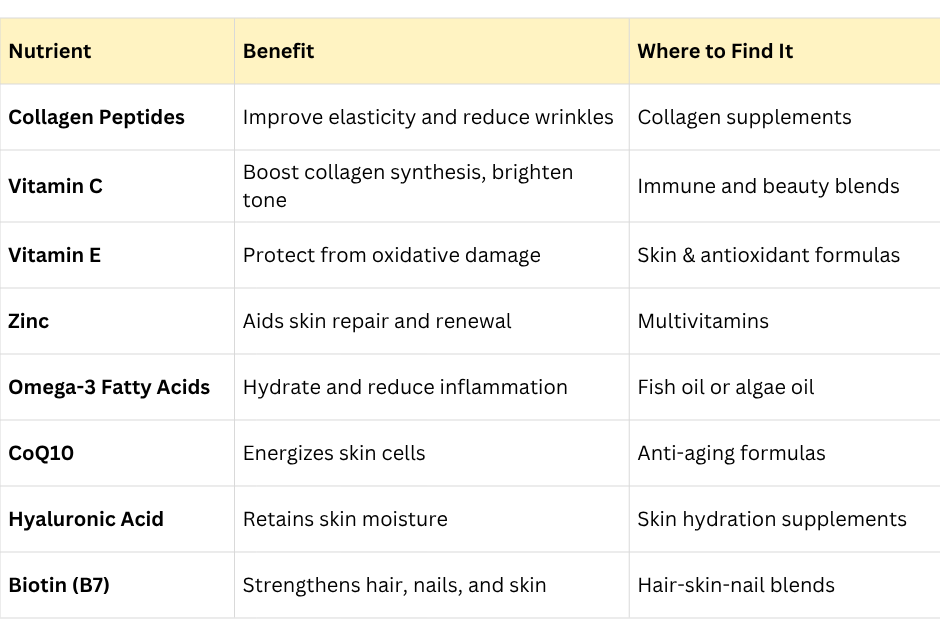 Supplement synergy tip:
Supplement synergy tip:
Combining collagen + vitamin C + hyaluronic acid is one of the most effective ways to promote hydration, firmness, and overall skin health from the inside out.
Recommendations from ForeverYoungSupplements
- Collagen Complex – Boosts firmness and elasticity, supports joint and skin health.
- Omega-3 Advanced Formula – Deep hydration and smooth texture for mature skin.
- Vitamin C + E Antioxidant Blend – Protects against environmental stress and brightens skin.
- Biotin Plus – Supports strong hair, skin, and nails.
- CoQ10 Energy & Renewal – Reduces visible signs of aging and supports cell vitality.
Each of these supplements works synergistically to nourish your skin from within, complementing your daily skincare routine for maximum results.
Secrets to Timeless Beauty: Maintaining Skin Health in Older Age
Healthy skin in your later years isn’t just about what you apply — it’s about how you live.
Diet & Hydration
Nutrition plays a pivotal role. Foods rich in omega-3 fatty acids, vitamin C, and antioxidants protect the skin’s integrity and reduce inflammation. Staying hydrated ensures proper nutrient circulation and helps flush out toxins, keeping skin vibrant and clear.
Consistent Routine
Developing an effective skincare routine curated for individual skin types can assist in preserving skin vitality. This might include cleansing, moisturizing, and applying serums that target specific aging concerns. Aging skin benefits from a simple, consistent routine:
- Cleanse gently
- Moisturize morning and night
- Use SPF daily
- Apply serums or creams with peptides or antioxidants
- Take supplements that nourish skin from within
Regular dermatologist visits help you monitor changes, adjust treatments, and maintain optimal skin health.
Lifestyle Matters
- Avoid smoking and limit alcohol. Both deplete collagen and dull the skin.
- Stay active. Gentle exercise boosts circulation and skin oxygenation.
- Sleep well. Nighttime is when your skin repairs itself.
- Manage stress. Meditation, reading, or nature walks lower cortisol levels that age skin prematurely.
Lifestyle choices, such as avoiding tobacco or limiting alcohol intake, work wonders for skin health. These changes along with a balanced lifestyle can delay some of the visible effects of aging and enhance skin’s natural resilience.
International Perspectives: The Japanese Secret to Anti-Aging
Japanese beauty philosophies provide unique insights into slowing the appearance of aging. Emphasizing a holistic approach, many Japanese skincare practices focus on both inner and outer care.
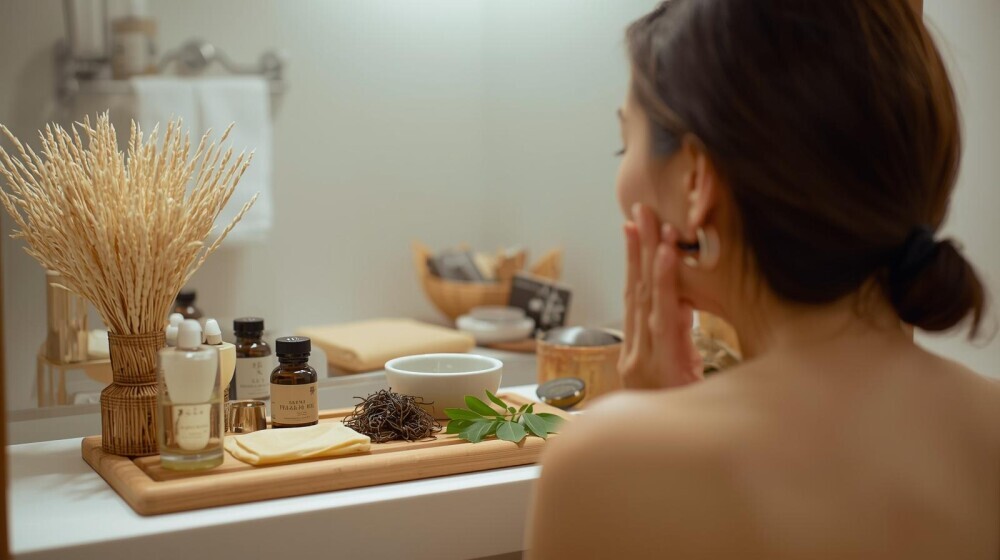
Traditional Japanese ingredients, such as rice bran, seaweed, and green tea, have long been celebrated for their skin benefits. These natural elements are often incorporated into beauty regimes due to their nourishing and protective properties.
Facial massages and techniques like double cleansing are staples in Japanese routine, regularly practiced to enhance blood flow and encourage cell renewal.
Comparing Western and Eastern skincare approaches highlights distinct philosophies yet similar goals. While many Western methods emphasize advanced technologies, Japanese practices often cater to long-term balance and prevention.
Adopting some of these time-tested Japanese practices can enrich one’s skincare routine, offering new strategies for maintaining youthful, healthy skin throughout the aging process.
Aging Gracefully: Confidence, Health, and Inner Glow
Every stage of life brings new beauty. Fine lines tell stories; laughter creates natural expression. Healthy, radiant skin reflects vitality — not just youth.

Caring for your skin is not about reversing time, but about feeling confident in your own skin. By combining wholesome nutrition, consistent skincare, and the right supplements, you can enhance your natural glow and enjoy beautiful skin for years to come.
“Healthy skin isn’t about perfection — it’s about nourishment, confidence, and care that evolves with you.”
